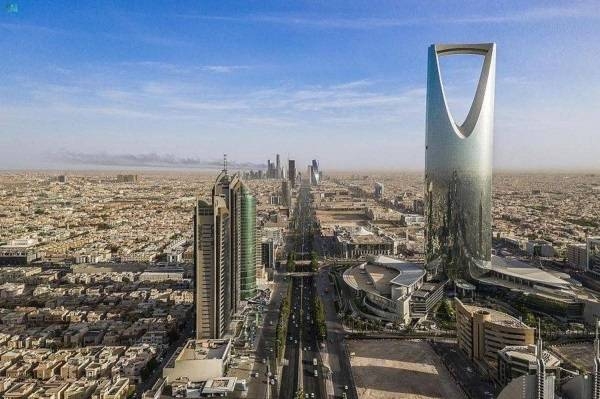The annual inflation rate in Saudi Arabia reached 1.6% in August 2024, according to the Saudi General Authority for Statistics (GASTAT). This increase was primarily driven by an 8.9% rise in the prices of the housing, water, electricity, gas, and other fuels sector, and a 0.9% increase in the prices of food and beverages. On the other hand, prices in the transportation sector decreased by 3.4%. This uptick in inflation came after three months of stability at a 1.5% rate in June and July. The Saudi Cabinet praised the stable inflation rate in July as a positive sign for the economy and the effectiveness of measures taken against rising global prices.
Residential rents played a significant role in driving the inflation increase in August 2024 compared to the previous year. Housing rents saw a substantial surge of 10.7%, with apartment rents specifically increasing by 10.8%. This sector’s weight had a significant impact on the inflation rate for the month. The consumer price index in August showed a minor 0.1% increase from July, influenced by a 0.4% rise in the housing, water, electricity, gas, and other fuels sector, with actual housing rental prices increasing by 0.5%.
The International Monetary Fund (IMF) projected that inflation in Saudi Arabia would remain controlled, supported by the credibility of the exchange rate peg to the dollar, in its latest Article IV consultation report. Capital Economics also forecasted that Saudi inflation would remain low compared to other emerging markets, with a potential slight increase to 2% annually in the second half of the year. This suggests that the inflation rate in Saudi Arabia is expected to remain relatively stable in the near future.
It is essential for policymakers and economic analysts to monitor inflation closely to ensure that it does not spiral out of control and negatively impact the economy. The increase in housing rents and the overall rise in the cost of living could put pressure on households, especially those with limited disposable income. The government may need to consider implementing measures to mitigate the impact of inflation on vulnerable populations and ensure that economic growth remains sustainable.
Overall, the slight uptick in inflation in Saudi Arabia in August 2024 is reflective of global economic trends and the ongoing challenges faced by the Kingdom’s economy. While the current rate remains relatively low, it is crucial for authorities to continue monitoring price movements and implementing appropriate policies to maintain stability and support economic growth. By staying vigilant and responsive to changes in the inflation rate, Saudi Arabia can navigate the challenges posed by external factors and internal dynamics effectively.
In conclusion, the recent increase in inflation in Saudi Arabia, driven by rising housing rents and food prices, underscores the importance of maintaining a balanced and sustainable economic environment. As global economic conditions continue to evolve, policymakers must remain proactive in addressing inflationary pressures and ensuring that the cost of living remains manageable for all segments of society. By staying informed and responsive to economic indicators, Saudi Arabia can navigate challenges and opportunities effectively in the years ahead.









